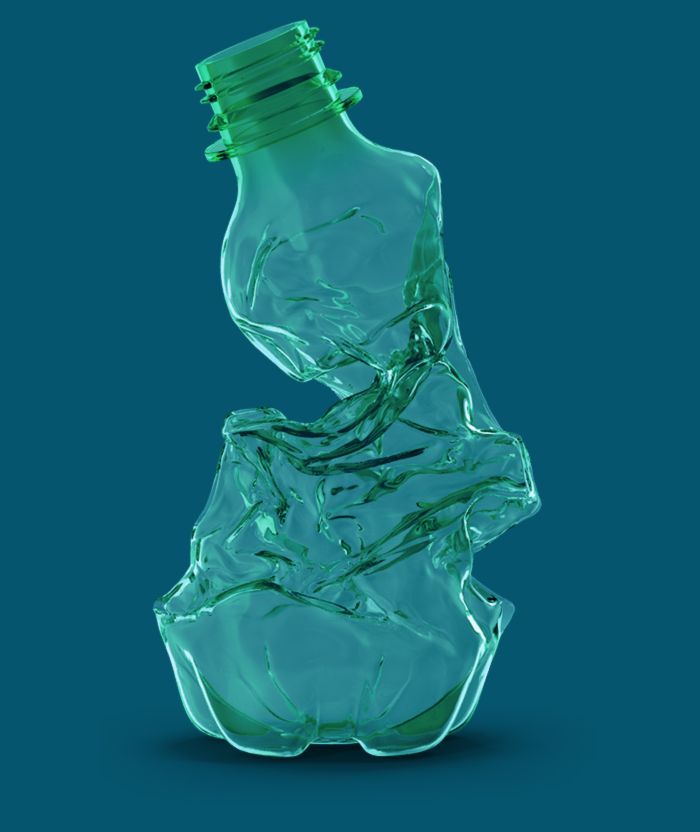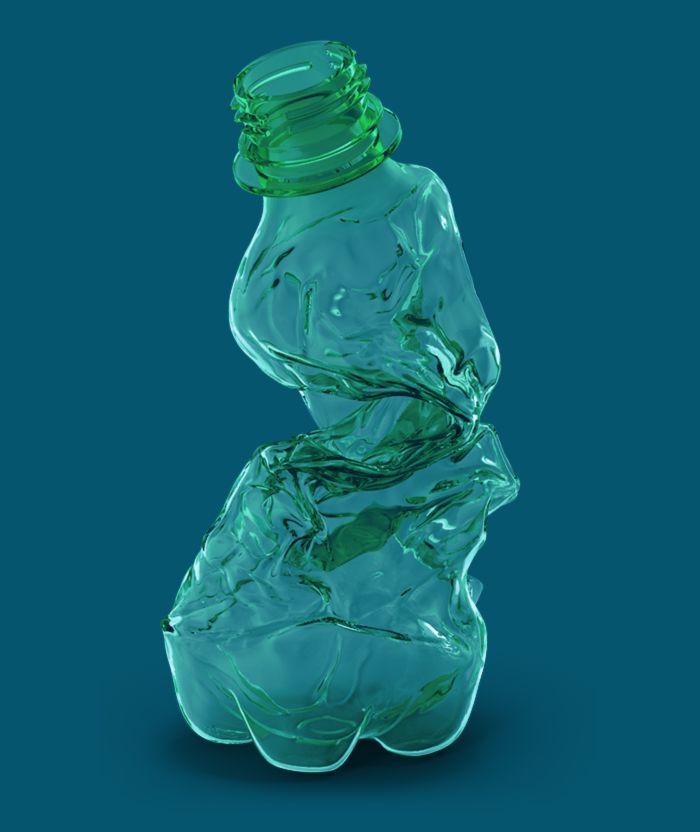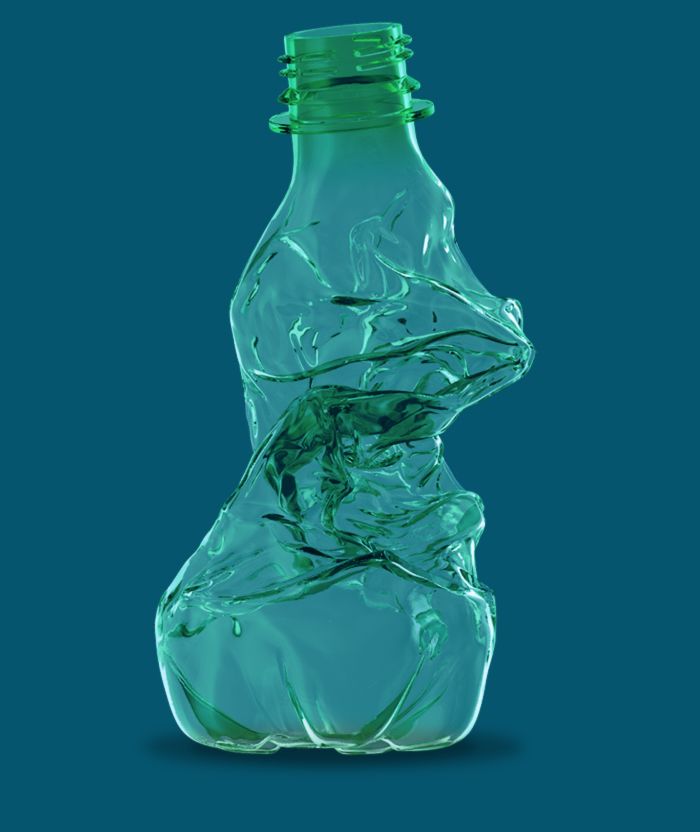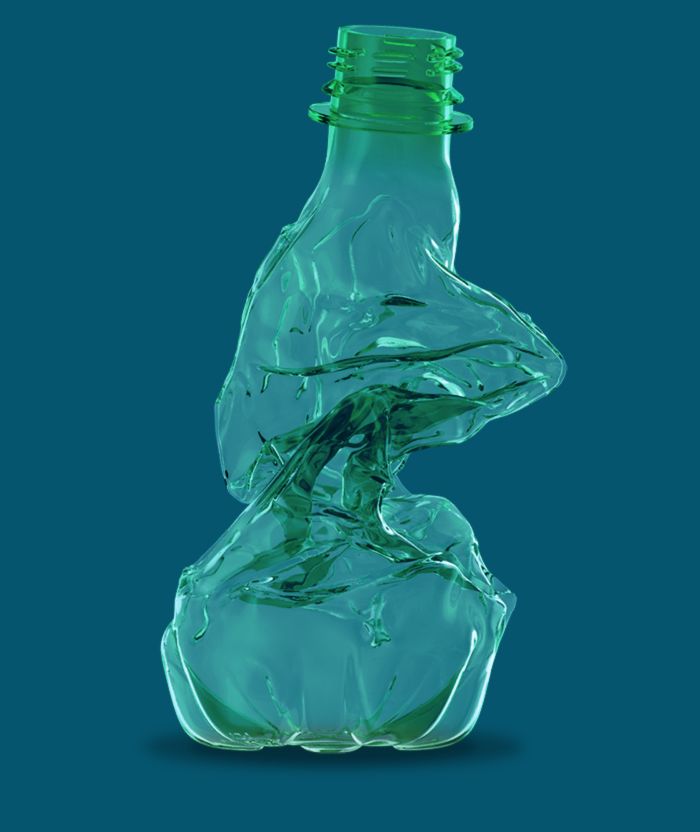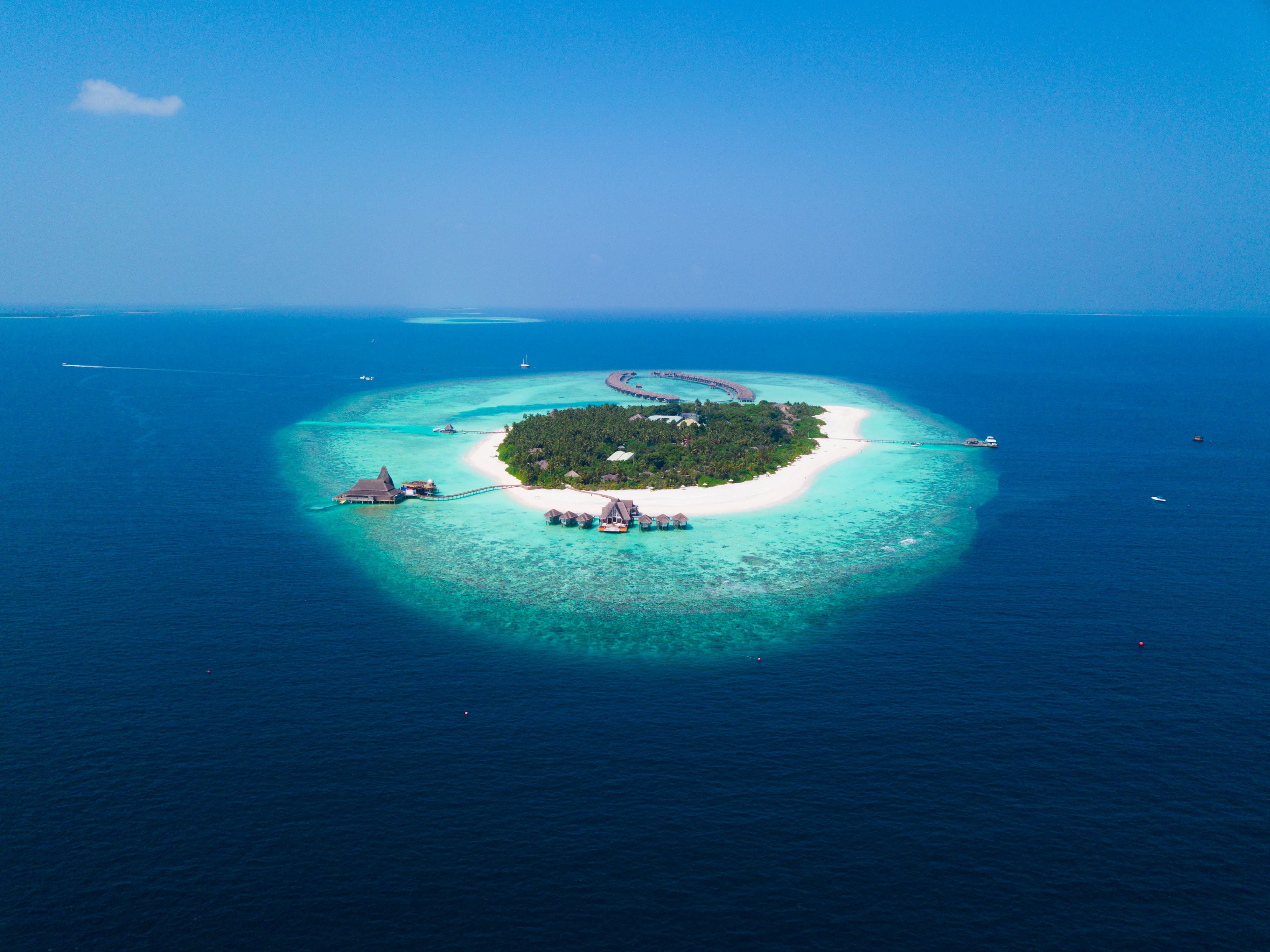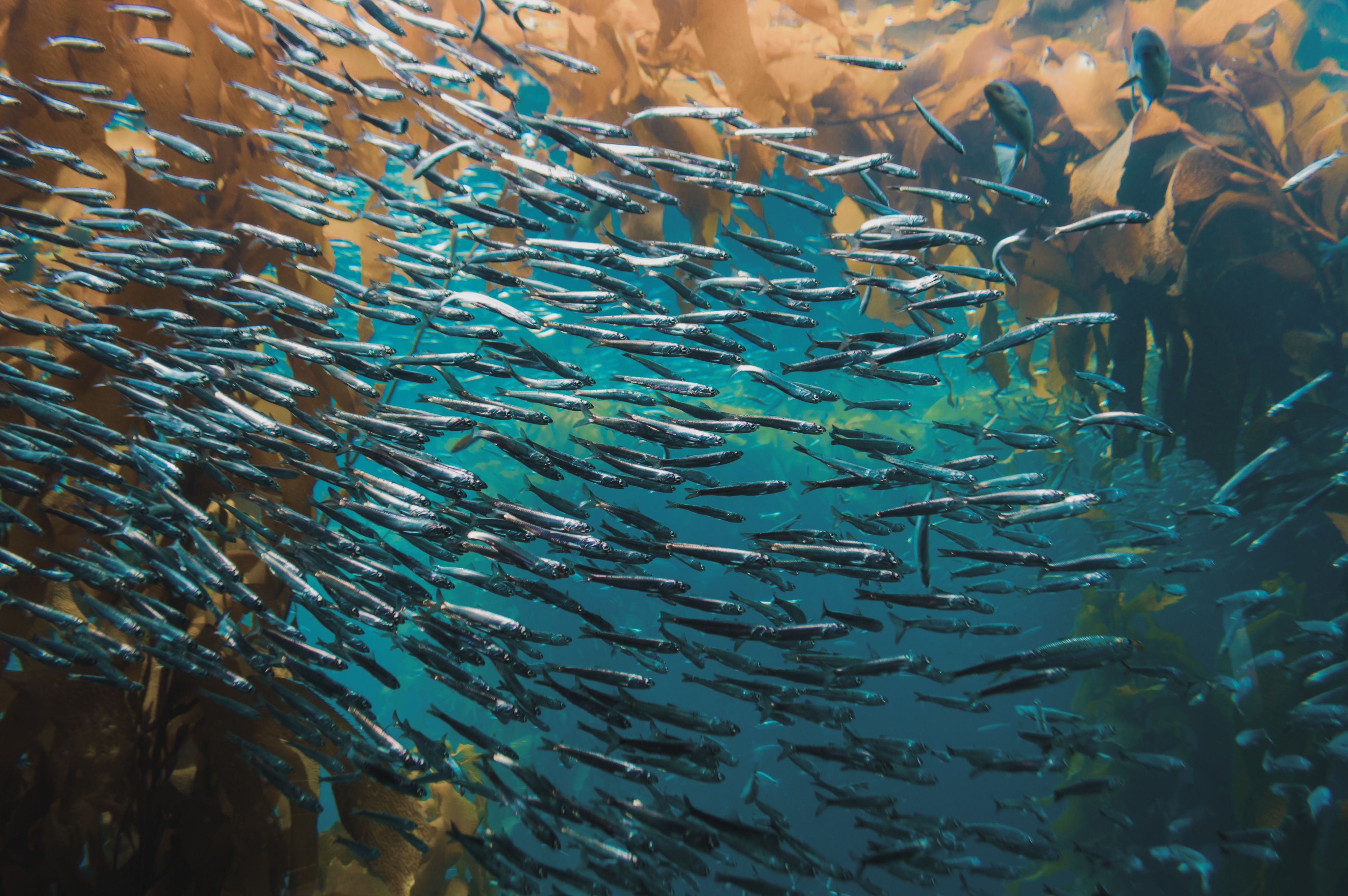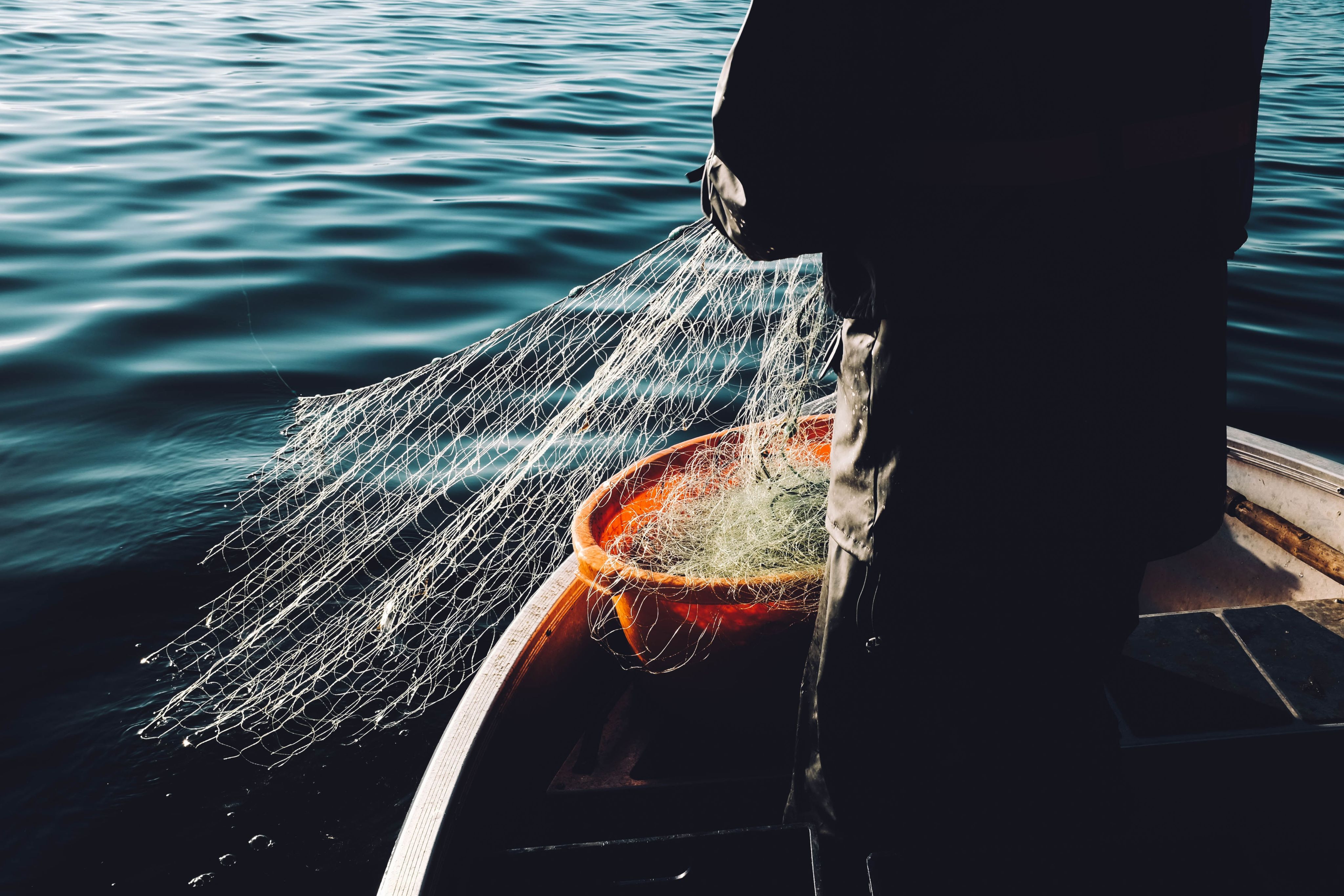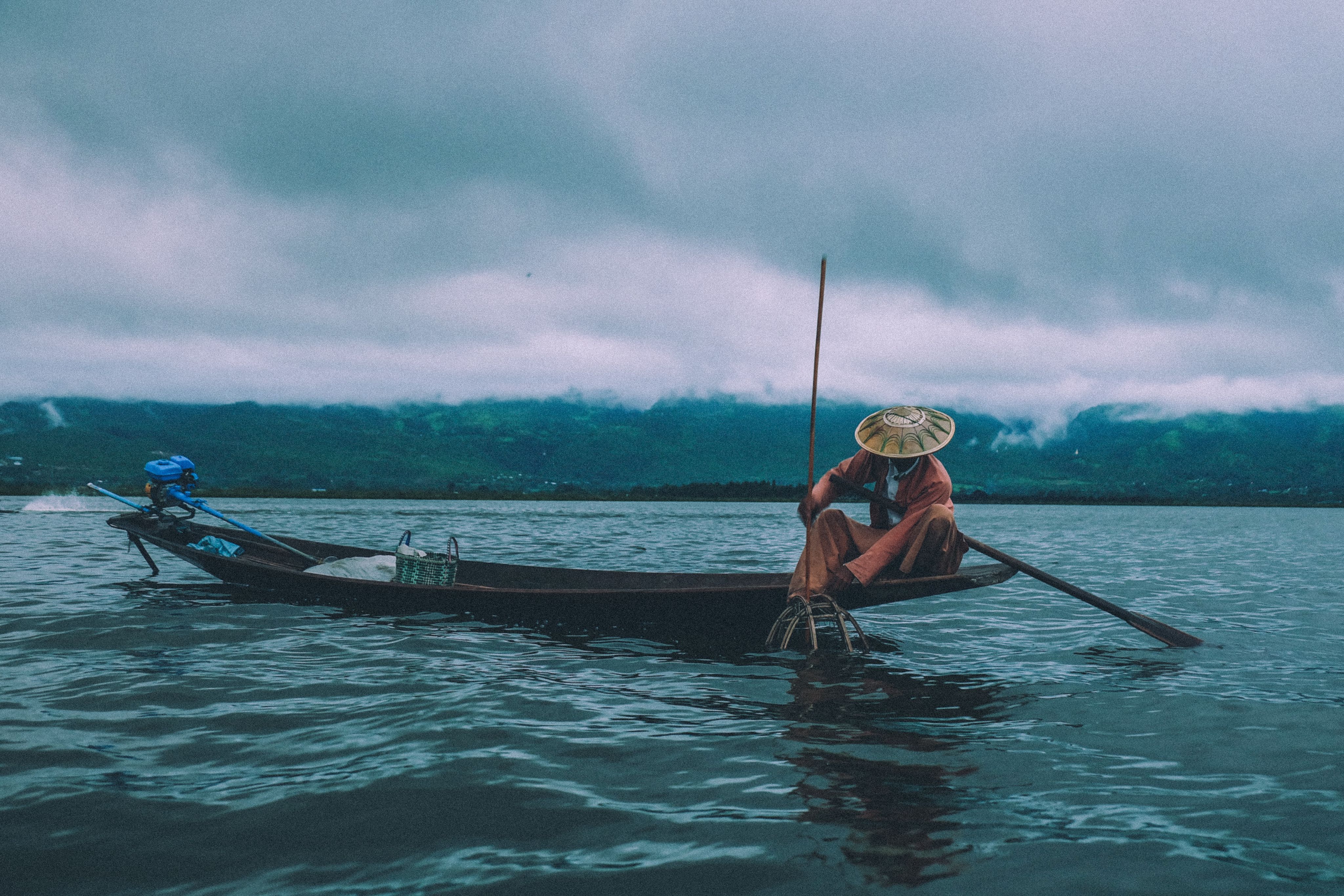Caring for Marine Ecosystems
A guide for ordinary people
Chapter 3
Marine Conservation & Protection
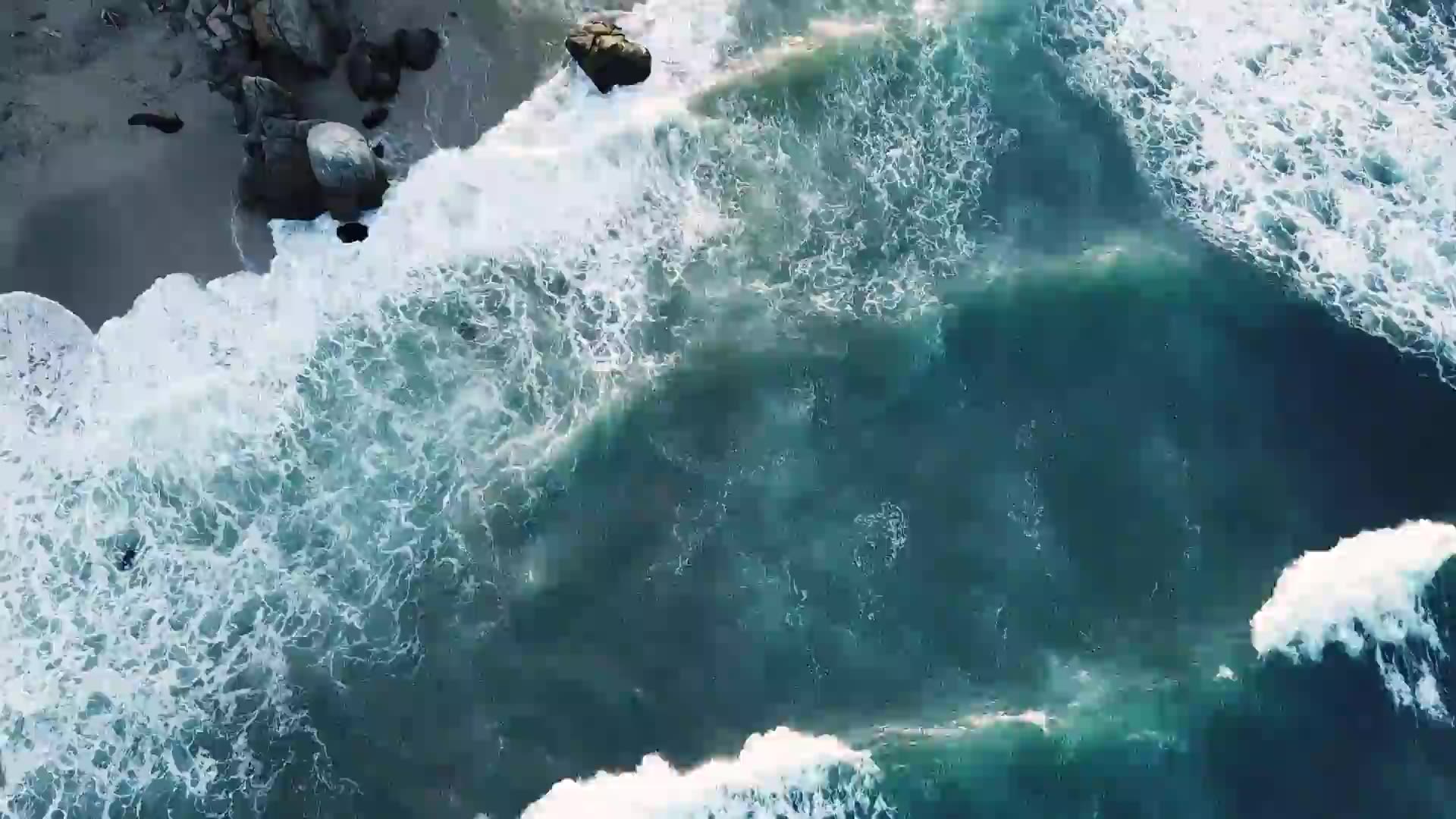
As we sail deeper into the world of marine ecosystems, we encounter the essential concept of marine conservation and protection. The health and vitality of our oceans and the myriad life forms they cradle are intrinsically linked to our own well-being.
In this chapter, we will explore the significance of marine protected areas, the importance of sustainable fishing practices, the urgent need to combat plastic pollution, and how citizen science initiatives can empower concerned citizens like you to be champions for marine conservation.
Marine Protected Areas: Sanctuaries of Life
Marine Protected Areas (MPAs) are like sanctuaries for marine life. These designated regions offer refuge to fish, corals, sea turtles, and a multitude of other marine species. The establishment of MPAs aims to conserve biodiversity, protect habitats, and restore ecosystems that have been impacted by human activities. In these special zones, fishing, mining, and other destructive practices are restricted or prohibited, allowing marine life to thrive and flourish.
The benefits of MPAs extend beyond their borders, as the protected areas act as sources of replenishment for adjacent fishing grounds. Fish and other marine organisms within MPAs have the chance to grow and reproduce, contributing to the replenishment of fish populations outside the protected zones. This "spillover effect" benefits local fishing communities and helps sustain commercial and recreational fisheries.
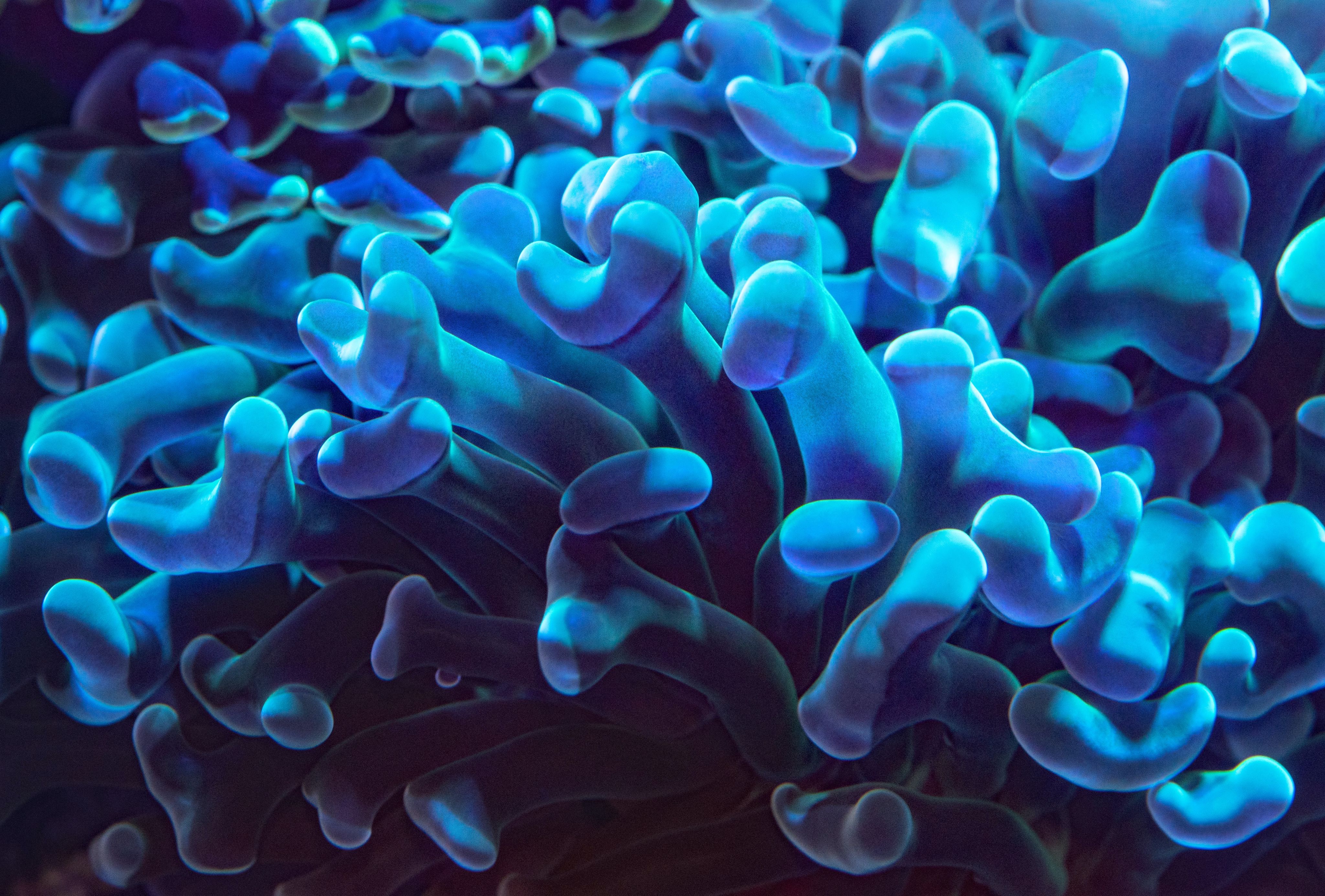
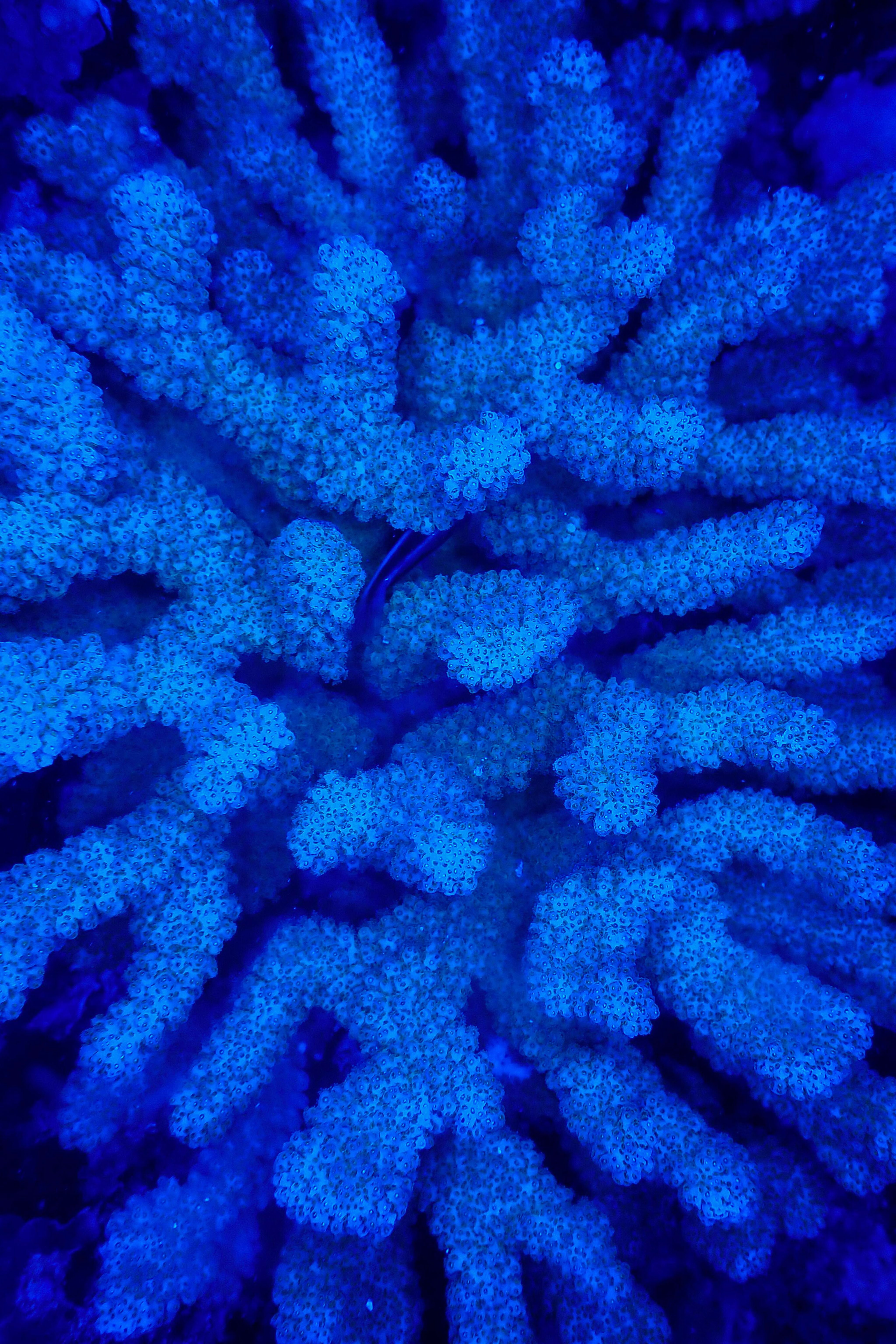
Sustainable Fishing Practices: Nurturing Ocean Abundance

The practice of sustainable fishing is a pillar of responsible marine resource management.
It revolves around the idea of using fishing techniques that do not deplete fish populations or harm marine habitats. Sustainable fishing practices involve setting catch limits, avoiding overfished species, and employing fishing gear that minimizes bycatch (the unintentional capture of non-target species). This approach ensures the longevity of marine resources and supports the livelihoods of millions of people worldwide who depend on fishing for their sustenance.
Consumers can play a crucial role in promoting sustainable fishing practices. By making informed seafood choices and opting for products with eco-labels like the Marine Stewardship Council (MSC) certification, we can support fisheries that prioritize environmental responsibility. Additionally, supporting local and small-scale fisheries helps strengthen coastal communities and encourages the adoption of sustainable fishing methods.
Reducing plastic pollution
A Sea Change in Behaviors

Plastic pollution has become one of the most pressing threats to marine ecosystems.
Plastic waste enters the ocean through stormwater runoff, improper waste disposal, and beach litter. Once in the water, plastic items break down into tiny particles called microplastics, which are ingested by marine life and can enter the food chain, posing risks to both marine organisms and humans.
Addressing plastic pollution requires a collective effort. We can take action by reducing single-use plastics in our daily lives, opting for reusable items like water bottles and shopping bags. Participating in beach clean-ups and supporting initiatives that aim to reduce plastic waste, like bans on single-use plastics, are powerful ways to combat this pervasive problem.
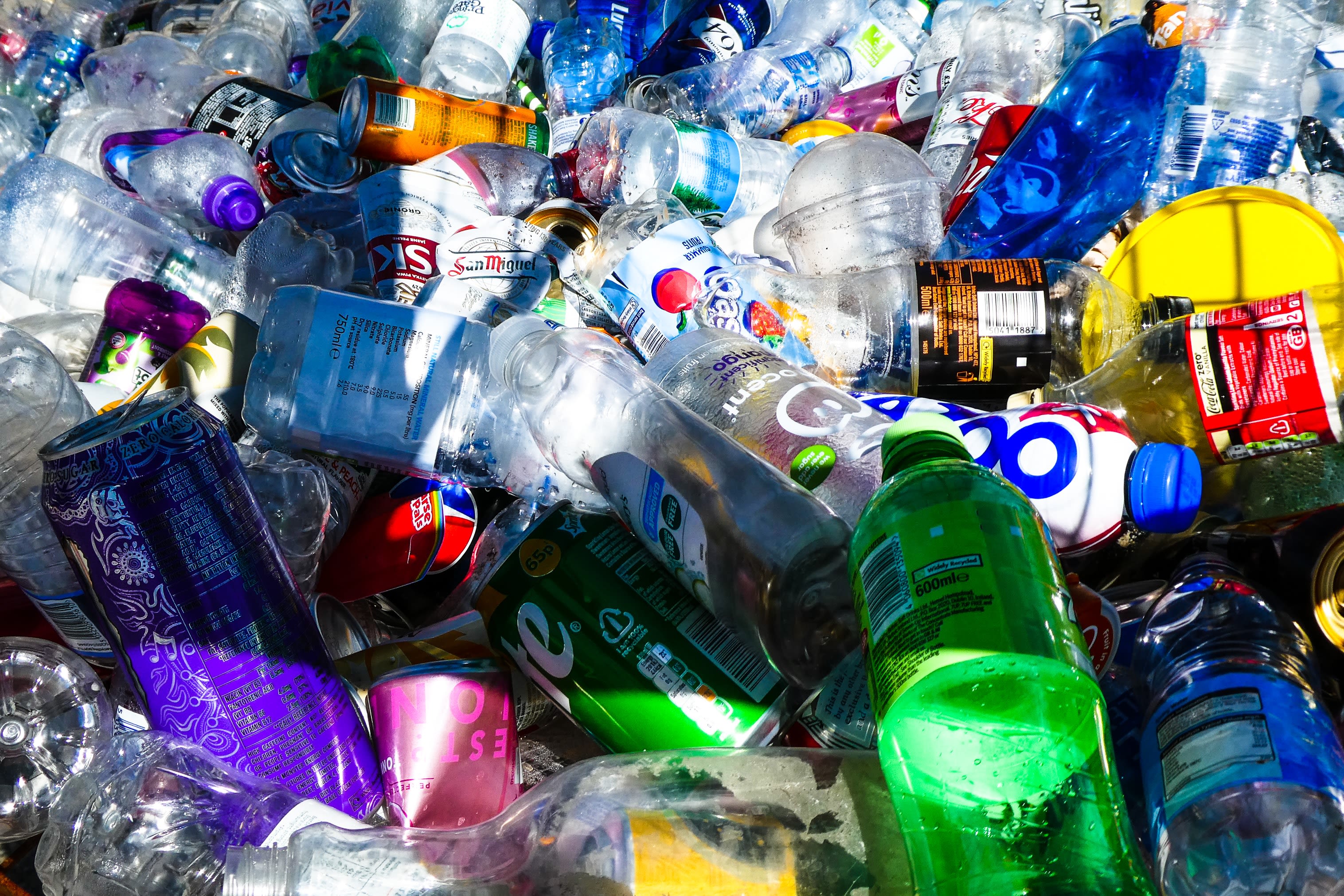
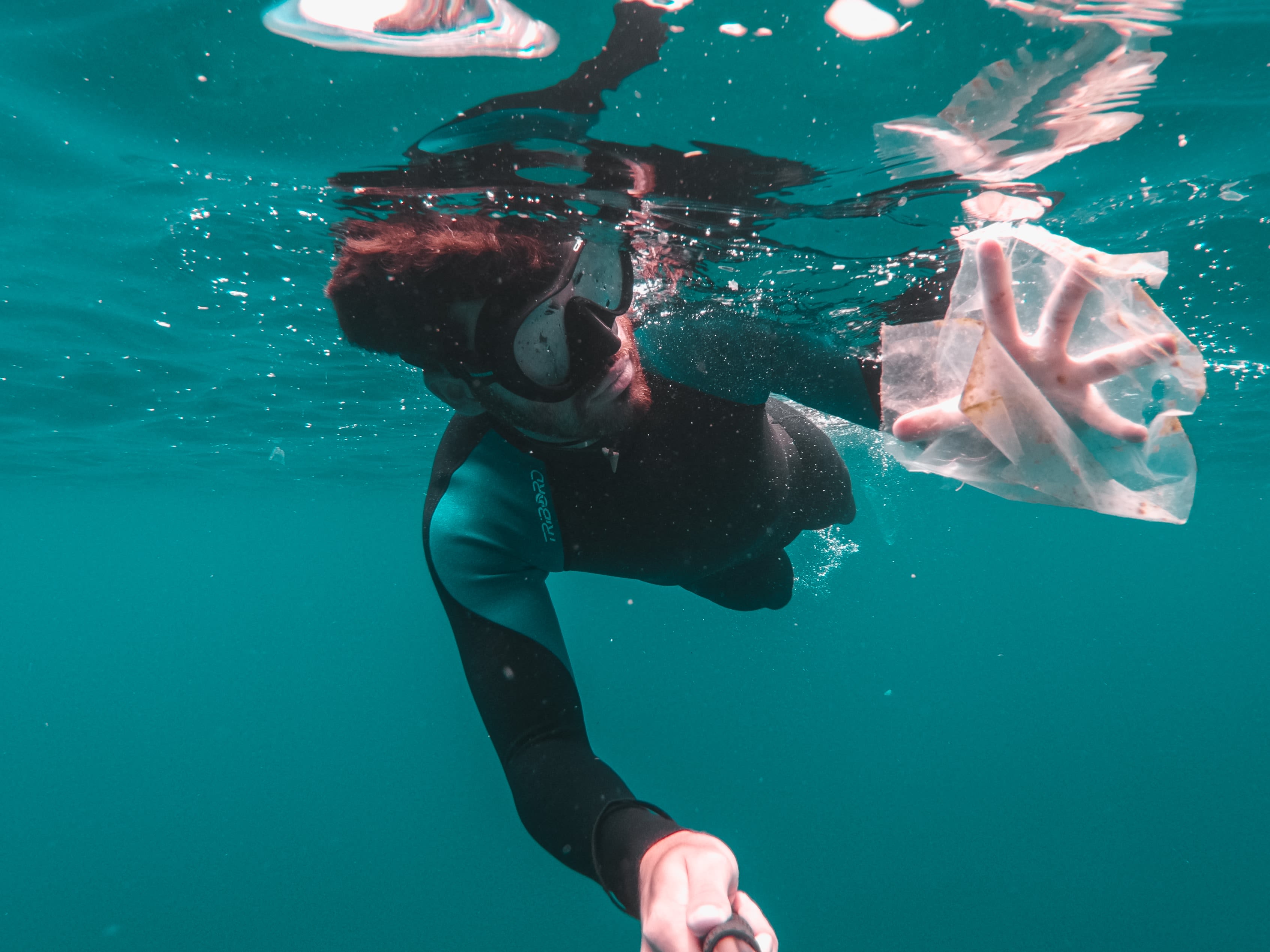
Citizen Science Initiatives: Empowering Ocean Advocates
Citizen science initiatives are platforms that empower everyday individuals to contribute to scientific research and conservation efforts. These projects allow concerned citizens to participate actively in data collection and monitoring, helping scientists and researchers gain insights into marine ecosystems and their health.
By engaging in citizen science, you can contribute to projects such as beach and coastal clean-ups, marine wildlife monitoring, and coral reef assessments. These efforts provide valuable data and support conservation initiatives aimed at protecting marine habitats and the species that call them home. Moreover, citizen science fosters a deeper connection between people and the oceans, inspiring a sense of stewardship and responsibility for the marine world.
Marine conservation and protection are the cornerstones of preserving the rich tapestry of life that inhabits our oceans. In this chapter, we've explored the significance of marine protected areas, the importance of sustainable fishing practices, the urgency of combating plastic pollution, and the empowering potential of citizen science initiatives. As concerned citizens, we hold the power to make a positive impact on marine ecosystems through our daily choices and collective efforts.
In the forthcoming chapters, we will venture into the realm of preserving coral reefs and marine biodiversity, exploring ways to foster a flourishing environment for marine life. By taking action, supporting conservation organizations, and embracing a sense of responsibility for the seas, we can ensure that our oceans remain abundant, resilient, and brimming with life for generations to come. So, let us sail forward with hearts brimming with determination and a commitment to safeguarding the marine wonders that inspire awe and gratitude in us all. Together, we can be stewards of the sea, fostering a future where the ocean's harmony and beauty continue to flourish.
